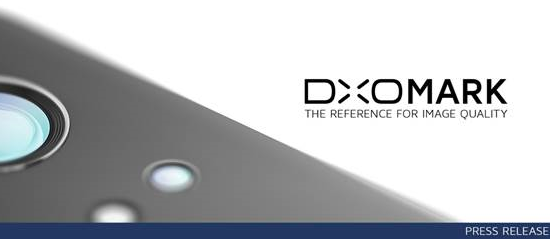PARIS — September 12, 2017 — Today DxOMark Image Labs announced a major update to its widely-used DxOMark Mobile test suite for evaluating smartphone camera image quality. With this new version, DxOMark tests now cover many of the new features and technologies found in current and upcoming generations of smartphones.
As many smartphone components become commoditized, camera quality stands out as a key differentiator for customer purchase decisions. As a result, there has been rapid progress in the quality both of smartphone cameras and of their feature sets. In particular, the introduction of dual-camera systems and high-performance processors have allowed for a variety of new capabilities, including improved zoom and the addition of synthesized bokeh (depth effect). Further, improved CMOS image sensor technologies, coupled with more powerful processing and multi-frame synthesis, have also provided substantial improvements in low-light performance.
The new DxOMark Mobile includes extensive tests using carefully-designed lab scenes to thoroughly evaluate these new capabilities. It also adds motion to many supplementary test scenes to help evaluate the comparative performance of advanced image processing techniques now in use.
DxOMark’s new Mobile protocol addresses these new smartphone photo capabilities by providing:
- An all-new Zoom sub-score based on extensive testing at multiple focal lengths.
- An all-new Bokeh sub-score using a scene carefully designed to allow comparisons.
- Low-light testing down to 1 Lux.
- Motion added to the test suite for more accurate evaluation of camera performance in real-world situations.
- Expanded lab and outdoor test scenes.
The first new DxOMark Mobile tests will be available at DxOMark.com soon! Several already-tested devices have been retested following the new protocol to provide a basis for comparison—including the #1 smartphone from each year since DxOMark began. These phones include the Nokia 808 (2012–2013), the iPhone 6 (2014), the Samsung Galaxy S6 edge (2015), the HTC U11 (2017), the Google Pixel (2016), as well as the iPhone 7 and iPhone 7 Plus. In addition, DxOMark will be announcing the new test results for several current models in the coming days. New devices will be tested only with the new protocol. (Existing scores and reviews will continue to be accessible, but aren’t valid for direct comparison.)
For each device tested, an overall score, category sub-scores, and a review with sample images and analyses will be published on DxOMark.com. As always, members of the press are invited to make use of DxOMark overall and category scores, as well as of reviews and test images, as described in our DxOMark Conditions of Use.
About DxOMark
DxOMark is the trusted industry standard for camera and lens image quality measurements and ratings. For years, we’ve been recognized for providing the most rigorous hardware testing, using industry-grade laboratory tools in our analyses, and for establishing the most comprehensive reference database using our thousands of camera and lens test results.
About DxOMark Mobile
Since being added to the DxOMark family of tests in 2012, DxOMark Mobile has become the leading source of independent image quality evaluation for mobile devices. DxOMark Mobile is the leading source of image quality test results for smartphones and tablets. Every device is tested using an extensive process that includes shooting nearly 1,500 images and more than 2 hours of videos of a wide variety of subjects in both lab and real-world situations. Photo and Video quality are scored separately, and then combined into an Overall score for quick comparison among cameras on different devices.
Press contact:
For more information, or to arrange a time for a one-on-one briefing with a DxOMark technical executive, send email to contact@dxomark.com
Media resources: A Press Guide of the new DxOMark Mobile test report with an accompanying set of documents is available to members of the press here.


